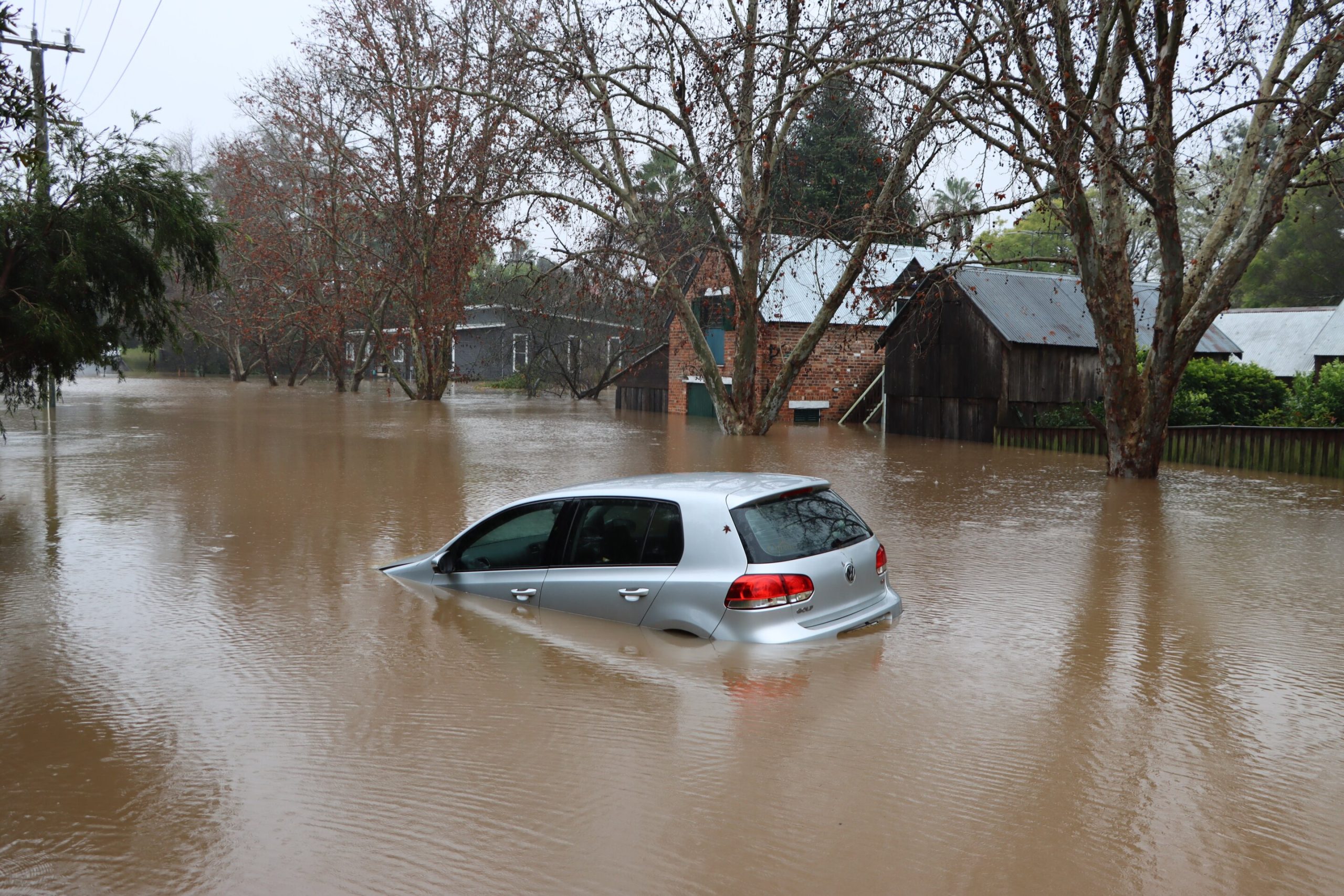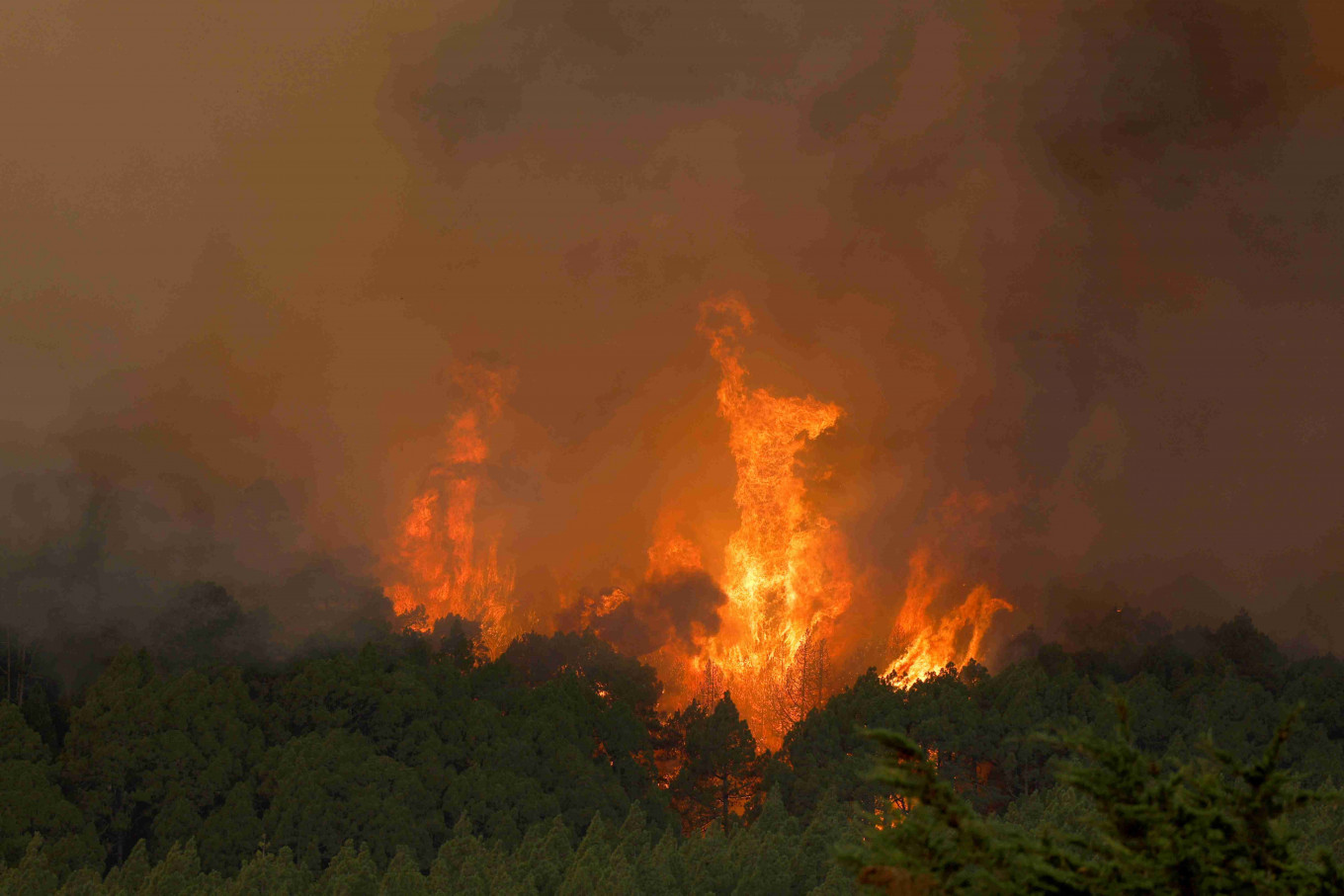2024 is on track to become the hottest year on record, surpassing the extreme heat of 2023. These back-to-back record-breaking years have intensified the impact of climate-related disasters, including heat waves, hurricanes, and floods, leading to substantial loss of life and economic devastation worldwide. The global consequences of these events underscore the urgency of addressing the accelerating climate crisis.
Spain has been particularly hard-hit over the past two years, enduring a series of devastating weather extremes. In 2023, the country faced a scorching early-season heat wave, with temperatures exceeding 101°F in Córdoba, followed by severe summer heat that claimed over 8,000 lives. The extreme temperatures exacerbated an ongoing drought, cutting olive oil production by half and igniting wildfires across regions such as Tenerife and Asturias. Later that year, record rainfall caused flash floods in Toledo, claiming lives and further straining the nation’s resources.
The situation worsened in 2024 with catastrophic flooding in the Valencia region, which received a year’s worth of rain in just hours. This deluge resulted in flash floods that killed at least 224 people, marking Europe’s deadliest flood since 1967. Scientists linked the severity of this event to climate change, citing a warmer Mediterranean Sea and increased atmospheric moisture as key contributors to the storm’s unprecedented intensity.
Public outrage followed the Valencia floods, with locals criticizing government officials for delayed warnings and insufficient disaster response. The military eventually mounted one of Spain’s largest peacetime recovery efforts, but it came too late for many. Protests erupted across Valencia, with residents demanding the resignation of regional leader Carlos Mazón. National leaders visiting the disaster site were met with anger, further reflecting the public’s deep dissatisfaction with the handling of the crisis.

Spain’s traditionally mild and attractive climate has long been a source of national identity and a draw for millions of tourists, but recent disasters have upended this perception. Environmental scientists warn that the weather patterns that once defined Spain are being fundamentally altered by climate change. Rising temperatures and intensifying weather extremes now threaten the country’s environment, economy, and way of life.
The events in Spain are emblematic of a global trend where climate change is amplifying the frequency and severity of disasters. Factors such as record-high ocean temperatures and a strong El Niño cycle have contributed to extreme weather patterns. Human-induced greenhouse gas emissions have compounded these natural phenomena, making years like 2024 increasingly common and intensifying their impacts on communities and ecosystems.
Spain’s vulnerability to extreme weather is partly due to its geographical diversity, which includes dry plains, coastal regions, and mountainous areas. Historically, Spain has experienced periodic severe weather events, but the scale of recent disasters is unprecedented. Rising Mediterranean Sea temperatures have transformed the region into a source of energy for storms, fueling devastating events like the Valencia floods.

The Valencia disaster also exposed systemic flaws in Spain’s disaster preparedness and response. Late warnings left many residents unprepared, while recovery efforts were slow and disorganized. The resulting anger was amplified by pre-existing frustrations over economic and political issues, leading to widespread protests. These failures highlight the need for stronger infrastructure and improved communication to address future climate risks.
Beyond the immediate impacts of these disasters, the events in Spain illustrate how climate change can destabilize governments and deepen political divisions. Poorly managed crises erode public trust in leadership and fuel societal unrest. Spain’s experience is a cautionary tale of how climate-driven disasters, combined with governance challenges, can exacerbate political tensions and hinder recovery efforts.
As global temperatures continue to rise, the challenges faced by Spain will become increasingly common worldwide. Without decisive action to reduce greenhouse gas emissions and improve climate resilience, nations will face escalating threats to lives, livelihoods, and political stability. The need for coordinated global efforts to combat climate change and strengthen disaster preparedness has never been more urgent.

